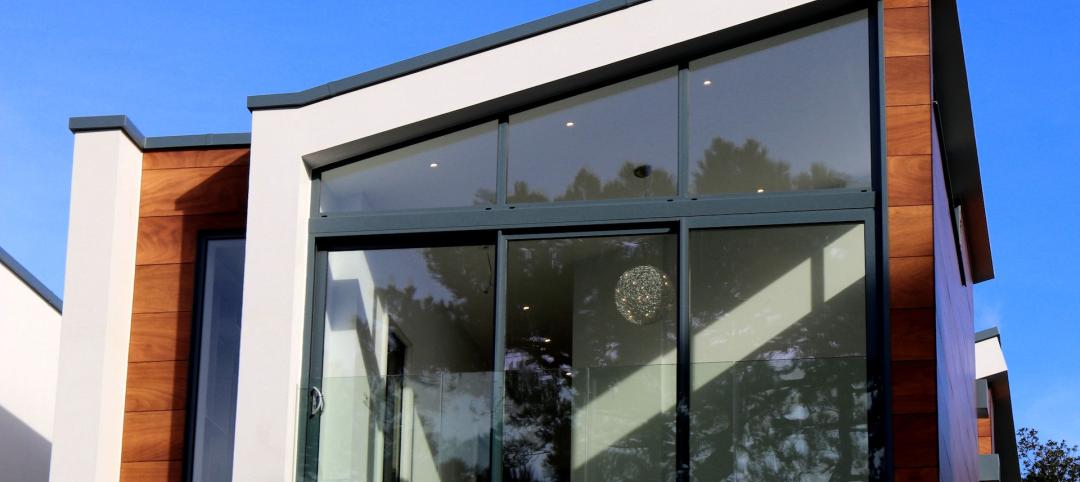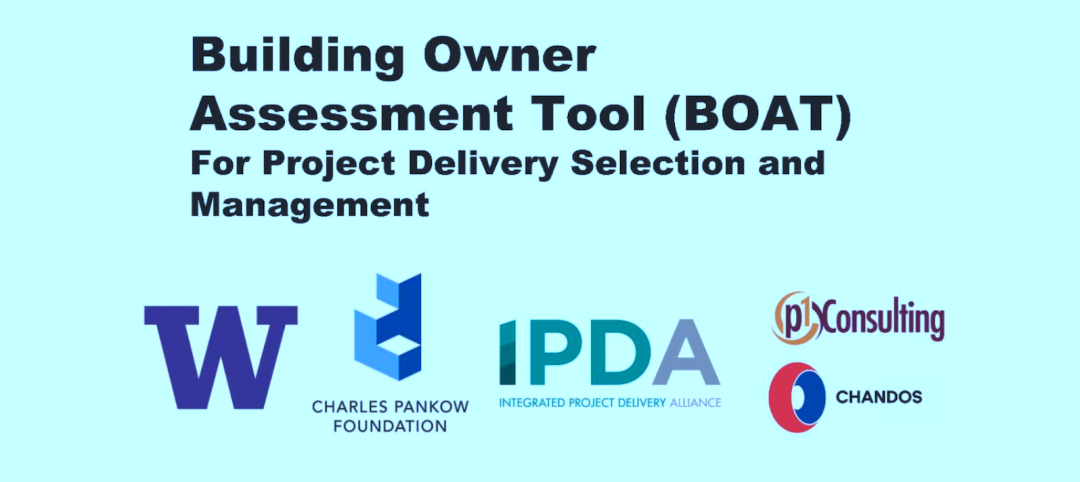To speed the transition to zero carbon emissions, the U.S. must focus on designing or redeveloping entire communities that are zero energy, according to Charles Kutscher, a long-time energy efficiency researcher.
Tackling building energy use at the district level provides economies of scale in heating and cooling. Used on some U.S. college and other campuses, systems with a central plant that burns natural gas to heat water, which then is circulated to the various buildings, are more efficient than dedicated systems for each building.
To achieve zero carbon emissions, the latest strategy for district systems uses an ambient temperature loop that “simultaneously and efficiently both heats and cools different buildings,” Kutscher writes. “Heat pumps at individual buildings or other points along the ambient loop add or extract heat from the loop. They can also move heat between deep geothermal wells and the circulating water.”
National research labs and other project partners are developing an open source software development kit called URBANopt that models elements of zero energy districts. These can include building efficiency/demand flexibility strategies, rooftop photovoltaic arrays, and ambient loop district thermal systems. The software can be integrated into other computer models to aid in design of zero energy communities.
Related Stories
K-12 Schools | Sep 5, 2023
CHPS launches program to develop best practices for K-12 school modernizations
The non-profit Collaborative for High Performance Schools (CHPS) recently launched an effort to develop industry-backed best practices for school modernization projects. The Minor Renovations Program aims to fill a void of guiding criteria for school districts to use to ensure improvements meet a high-performance threshold.
Windows and Doors | Aug 31, 2023
Updated specification rates ability of windows, doors, skylights, sliding glass doors to withstand impacts from windborne debris
The Fenestration and Glazing Industry Alliance (FGIA) updated a specification providing a system for rating the ability of windows, doors, skylights and sliding glass doors to withstand impact and pressure cycling generally associated with hurricane conditions.
Office Buildings | Aug 31, 2023
About 11% of U.S. office buildings could be suitable for green office-to-residential conversions
A National Bureau of Economic Research working paper from researchers at New York University and Columbia Business School indicates that about 11% of U.S. office buildings may be suitable for conversion to green multifamily properties.
Adaptive Reuse | Aug 31, 2023
New York City creates team to accelerate office-to-residential conversions
New York City has a new Office Conversion Accelerator Team that provides a single point of contact within city government to help speed adaptive reuse projects. Projects that create 50 or more housing units from office buildings are eligible for this new program.
Codes and Standards | Aug 31, 2023
Community-led effort aims to prevent flooding in Chicago metro region
RainReady Calumet Corridor project favors solutions that use natural and low-impact projects such as rain gardens, bioswales, natural detention basins, green alleys, and permeable pavers, to reduce the risk of damaging floods.
Multifamily Housing | Aug 23, 2023
Constructing multifamily housing buildings to Passive House standards can be done at cost parity
All-electric multi-family Passive House projects can be built at the same cost or close to the same cost as conventionally designed buildings, according to a report by the Passive House Network. The report included a survey of 45 multi-family Passive House buildings in New York and Massachusetts in recent years.
Regulations | Aug 23, 2023
Gas industry drops legal challenge to heat pump requirement in Washington building code
Gas and construction industry groups recently moved to dismiss a lawsuit they had filed to block new Washington state building codes that require heat pumps in new residential and commercial construction. The lawsuit contended that the codes harm the industry groups’ business, interfere with consumer energy choice, and don’t comply with federal law.
Building Owners | Aug 23, 2023
Charles Pankow Foundation releases free project delivery selection tool for building owners, developers, and project teams
Building owners and project teams can use the new Building Owner Assessment Tool (BOAT) to better understand how an owner's decision-making profile impacts outcomes for different project delivery methods.
Vertical Transportation | Aug 17, 2023
Latest version of elevator safety code has more than 100 changes
A new version of ASME A17.1/CSA B44, a safety code for elevators, escalators, and related equipment developed by the American Society of Mechanical Engineers, will be released next month.
Sustainability | Aug 15, 2023
Carbon management platform offers free carbon emissions assessment for NYC buildings
nZero, developer of a real-time carbon accounting and management platform, is offering free carbon emissions assessments for buildings in New York City. The offer is intended to help building owners prepare for the city’s upcoming Local Law 97 reporting requirements and compliance. This law will soon assess monetary fines for buildings with emissions that are in non-compliance.

















